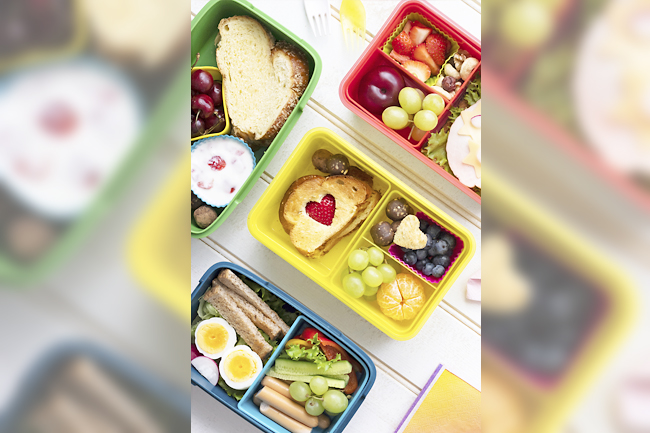In the face of increasing food price impacting school lunches, the integration of religious studies into the education system has amplified the issue. As concerns rise, the stability of meal provision takes centre stage, urging the society to address the issue.
In Brunei, the free school lunch programme began in the 1950s, underlining the varied global approaches to ensuring children’s well-being.
“Perhaps it is time to reconsider the system,” said one parent who goes by the name Julkipli.
“Perhaps it is also time to get leaders at the grassroots level to be involved in managing the system,” he added.
Maryam, a mother of two whose children are in lower primary in religious studies, said, “For children with irregular eating habits or those eating alone due to family circumstances, nutritionally-balanced school lunches offer crucial dietary supplementation.”
Additionally, with the rise of households with two working parents, providing affordable, high-quality school lunches is becoming a pressing need that has potential of reducing the burden on parents.
“Beyond sustenance, school lunches present an opportunity for children to engage with the issue of food waste, fostering awareness and responsibility,” she said. Some suggest setting a minimal fee for the meals or using a coupon system.
As the debate unfolds, the hope is for concrete steps to be taken, ensuring that every child has access to nutritious and affordable school lunches, safeguarding their health and supporting families across the Sultanate. – Fadley Faisal








